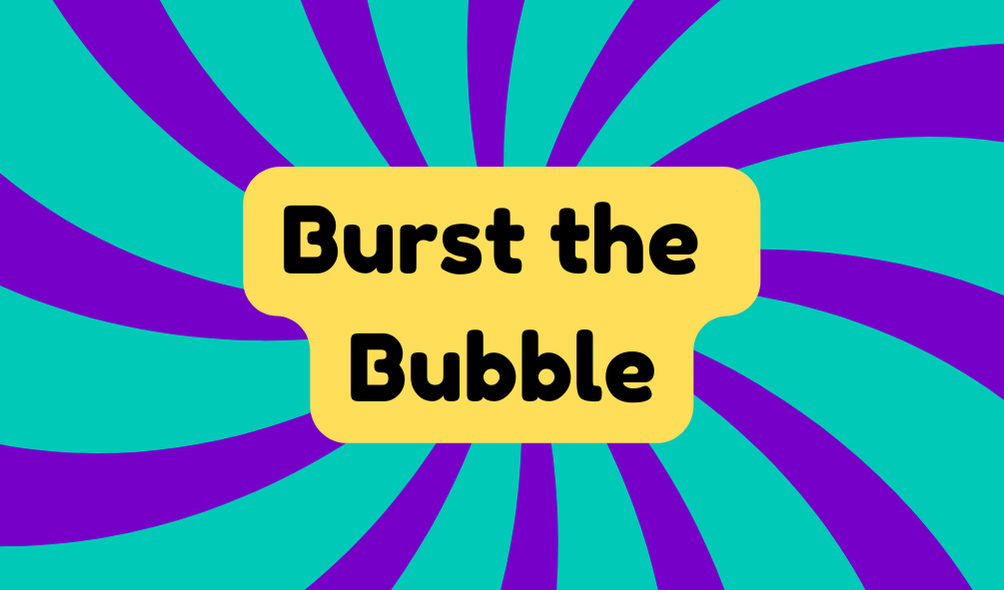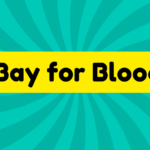"Burst the bubble" means to shatter an idealized perception, often revealing harsh realities. It first appeared in print in 1810 and speaks to the balance between dreams and truth. You might feel this when a friend discovers their partner's infidelity or when a startup faces unexpected competition. This phrase serves as a crucial reminder about confronting illusions, whether in relationships, business, or personal expectations. It remains relevant today, reflecting the often uncomfortable reality checks we need. If you want to understand its usage and significance further, there's more to uncover.
Synonyms
You might find that "burst the bubble" has several synonyms that capture its essence. These phrase alternatives dive deep into the idea of confronting harsh realities, particularly when expectations are shattered. Understanding these idiomatic expressions can enrich your conversations and writings. Here are a few to contemplate:
- "Pop the illusion" hints at disrupting idealized thinking.
- "Shatter the dream" emphasizes the sudden end of aspirations.
- "Deflate the fantasy" underscores the reality check on hopes.
Being aware of these alternatives pushes you to think critically about communication. They reveal how language shapes perceptions while reminding you that not all dreams are meant to last. Embrace these synonyms as tools for clarity and honesty, especially when facing uncomfortable truths.
Example of Sentences
Many situations highlight the concept of "bursting the bubble," illustrating the moment when reality disrupts an idealized view. In real life situations, you might experience emotional responses that challenge your beliefs, forcing you to confront uncomfortable truths. Here are three examples that capture this essence:
- A friend's enthusiasm for a new relationship shatters when you reveal their partner's unfaithfulness.
- You excitedly launch a startup, only to face the harsh reality of low demand and high competition.
- A child's dreamy notion of a perfect holiday is crushed by the rainy forecast.
These sentences show how breaking illusions can lead to growth, but embrace the wisdom in the discomfort. After all, facing reality can spark innovation and deeper understanding.
Origin
Understanding the origins of the phrase "burst the bubble" reveals much about its cultural significance. It first appeared in The Monthly Mirror in January 1810, capturing a growing sentiment about disappointment and entertainment in society. This historical context hints at people's struggles with expectations versus reality. While various theories speculate its roots, like bubblegum or soap bubbles, they often lack credible evidence or depth. What's intriguing is how the phrase reflects societal impact; it resonates with our collective experiences of disillusionment. As we engage with this idiom, consider its evolution and the truths it highlights about our hopes and harsh realities. Ultimately, "bursting the bubble" serves as a reminder of the delicate balance between dreams and truth in our lives.
Collocations
When discussing the phrase "burst the bubble," it's helpful to explore the common collocations that accompany it. These collocations highlight relevant contexts and emotions tied to the concept of a bubble burst. Here are a few examples that capture its essence:
- Reality check: This phrase often denotes the moment when someone faces an uncomfortable truth.
- Fantasy vs. reality: You might find yourself comparing unrealistic expectations with actual outcomes.
- Disillusionment: This term reflects the feelings experienced after the bubble burst.
Understanding these collocations enhances your grasp of how the phrase operates in conversation. By recognizing when it's appropriate to use "burst the bubble," you can communicate more effectively, adding an important layer to your discussions about optimism, expectations, and sometimes harsh realities.
How to Use in Everyday Language
Using the phrase "burst the bubble" in everyday language can add a vivid touch to your conversations. It's perfect for moments when you want to introduce a dose of realism into discussions filled with unchecked optimism. For instance, you can say, "Let's have an optimism check before we invest in this startup." This phrase highlights the need for bubble realization—facing the facts! Whether it's addressing a friend's unrealistic plans or evaluating a business proposal, using "burst the bubble" can convey your concern effectively. It gets the point across that sometimes, breaking down illusions is necessary for growth. By incorporating this idiom, you encourage others to question assumptions and embrace a more grounded perspective.
Why Is It Still Relevant Today?
Many people find that the phrase "burst the bubble" remains relevant today because it reflects a universal truth about expectations and reality. In a world driven by innovation and rapid change, it's essential to confront the illusions we construct around success and happiness. This idiom holds cultural significance; it reminds us that overzealous optimism can lead to disappointing outcomes. Whether in business ventures, relationships, or economic trends, the need for realistic assessments remains imperative. Contemporary applications of this phrase encourage you to question inflated beliefs and embrace challenges. By recognizing when it's time to burst your bubble, you can pivot towards genuine growth and understanding. So, engage critically with your aspirations, as this idiom highlights fundamental truths about life's unpredictability.







